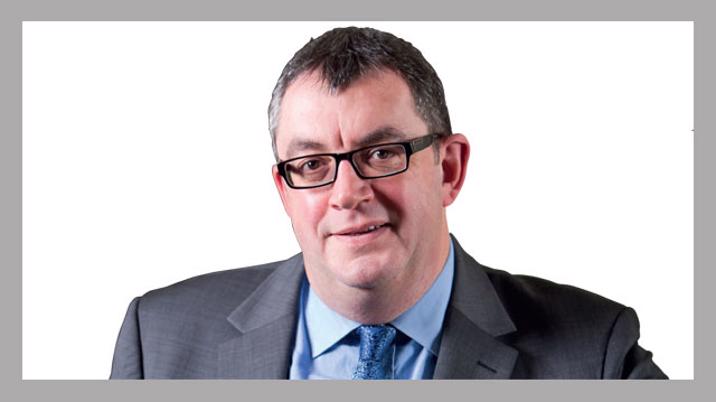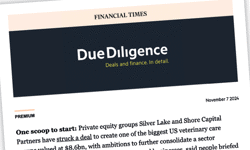
The ‘four Cs’ is a concise way to summarise what the regional press faces in 2018: continued consolidation and consequent cost-reduction.
Note the word ‘continued’, as this has been ongoing for several years, and has become one of the main strategies for all big publishers as online income struggles to replace lost print revenues.
A prime example was the absorption of Local World into Trinity Mirror, resulting in intense efficiency drives, annual newsroom shrinkage and the lopping of individual editors for each title.
Then came wholesale closures of former Local World titles: what began with newspapers in Milton Keynes, Luton and Northampton in 2016 continued throughout 2017, with the most recent victims in Bedfordshire and Bristol.
A further culling by Trinity Mirror seems inevitable in 2018, especially when you remember the group’s latest financial cost-cutting targets. It won’t support stragglers.
Newsquest is also striding ahead with the four Cs. The company asked staff at the Isle of Wight County Press to apply for voluntary redundancy in November – four months after it bought out the independent publisher.
And in December, the long-serving editor-in-chief of NWN Media stepped down just three months after its takeover by Newsquest, indicating that a wider newsroom review is likely next year.
This gradual sell-out of independents to one of the big three regional publishers could continue in 2018. It’s a harsh reality, but smaller companies lack the cash to withstand huge financial pressures like declining print revenues and rising pension costs. Meanwhile, Trinity Mirror and Newsquest hunger for growth to squeeze out yet more savings.
The third big publisher is Johnston Press, slowly decreasing in size as it’s forced to sell some titles to help pay off debts. The last twelve months has also seen an ugly boardroom battle, so watch carefully if chief executive Ashley Highfield doesn’t survive a potential emerging coup. Either way, more Johnston Press titles could be sold.
A brighter development is the 150 ‘local democracy reporters’ funded by the BBC from 2018. Trinity Mirror will get 64 staff from what’s effectively state investment. Newsquest and Johnston Press have won 37 and 30 respectively, with the remainder to be shared by smaller publishers.
The BBC is investing up to £8 million annually in these new reporters until 2026 as part of its Charter commitment. This is good news in terms of guaranteeing a level of coverage of courts and councils across the UK, but only if these new journalists stand alone as extra resource.
If publishers use it as an excuse to cut other staff, the BBC would simply end up subsidising the profits of commercial companies, which wasn’t the plan. Industry observers need to keep a close eye on this project.












